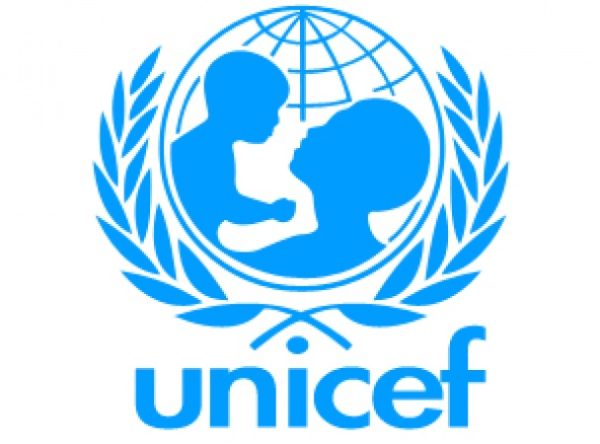The United Nations Children’s Fund (UNICEF) has called on journalists in Nigeria to adopt ethical practices when reporting on child rights.
Celine Lafoucriere, Chief of UNICEF’s Lagos Field Office, made the call in her keynote address at a two-day training for journalists on Ethical Journalism and Child Reporting held on Monday in Ibadan.
The workshop was organized in collaboration with the Child Rights Information Bureau (CRIB) of the Federal Ministry of Information and National Orientation and brought together journalists from Southwest states and Edo.
Lafoucriere stressed that ethical reporting is not only a professional standard but a moral obligation.
“Ethical reporting is about ensuring that children are portrayed with dignity and that their stories are told with care. Their rights must never be compromised in the pursuit of headlines or financial gain. At UNICEF, we believe that every child has the right to be seen, heard, and protected,” she said.
She emphasized that children are not miniature adults, noting that they are still developing emotionally, mentally, and socially.
“When we report on children, especially those affected by violence, conflict, or abuse, we must do so with the utmost sensitivity. Ethical reporting means protecting their identities, avoiding sensationalism, and ensuring that their voices are heard safely and respectfully,” Lafoucriere added.
According to her, ethical journalism also builds trust in an age of rapid misinformation. “Your commitment to truth, fairness, and balance sets you apart. Responsible reporting helps communities understand, heal, and grow. By choosing ethics, you are helping build a Nigeria where every child is valued, protected, and given the opportunity to thrive,” she said.
In his welcome address, Mr. Ogbodo Nnam, Permanent Secretary of the Federal Ministry of Information and National Orientation, highlighted the media’s role in shaping public understanding and protecting children as society’s most vulnerable members.
Represented by Mr. Toye Falayi, Assistant Director and Head of CRIB, Nnam said, “The media holds immense power to inform, inspire, and hold institutions accountable. But with that power comes a profound responsibility to report with integrity, sensitivity, and respect for human dignity. Every image, word, and frame published can have lasting consequences on a child’s life, safety, and future.”
He added that the training is designed to help journalists reflect on their ethical obligations and explore best practices for reporting on children’s issues.


